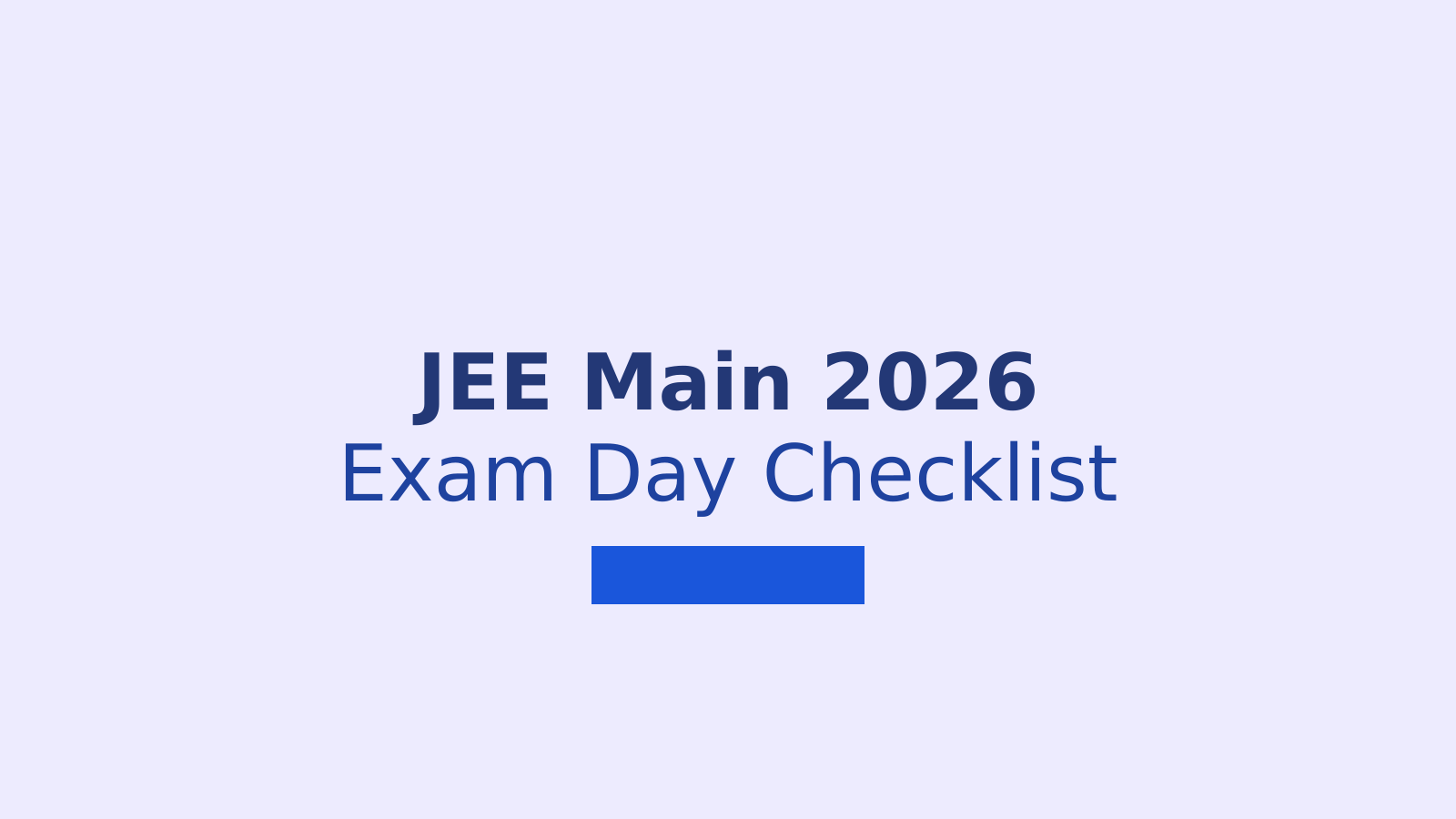The Importance of Self-Directed Learning: Unlocking Potential and Creativity
In the rapidly evolving landscape of education, a significant shift is taking place—from teacher-centric to learner-centric approaches. This transition, known as self-directed learning, places the student at the center of their educational journey.
Kiran
-1720419195382674.png)
The Importance of Self-Directed Learning: Unlocking Potential and Creativity
In the rapidly evolving landscape of education, a significant shift is taking place—from teacher-centric to learner-centric approaches. This transition, known as self-directed learning, places the student at the center of their educational journey. It encourages curiosity, fosters creativity, boosts motivation, and leads to greater satisfaction in learning. Let's delve into why self-directed learning is becoming essential in today’s educational paradigm.
What is Self-Directed Learning?
Self-directed learning (SDL) is an educational process where learners take the initiative to identify their learning needs, set goals, find resources, and evaluate their progress. Unlike traditional models, where the teacher is the primary source of knowledge, SDL empowers students to take control of their education.
The Benefits of Self-Directed Learning
1. Encourages Curiosity
When students are allowed to explore topics that interest them, their natural curiosity is ignited. SDL provides the flexibility to dive deeper into subjects they are passionate about, leading to a more profound and personal understanding of the material.
2. Fosters Creativity
By allowing learners to choose how they approach their studies, SDL opens the door to creative thinking. Students can experiment with different learning methods, such as project-based learning, hands-on experiments, or digital tools. This freedom fosters innovation and problem-solving skills.
3. Boosts Motivation
Self-directed learners often exhibit higher levels of motivation. When students have a say in what and how they learn, they are more likely to be engaged and invested in their education. This intrinsic motivation is a powerful driver of success and persistence.
4. Enhances Satisfaction
Learning becomes more enjoyable when students are actively involved in the process. SDL allows learners to set their own pace and choose their paths, leading to a more satisfying educational experience. This satisfaction can result in a lifelong love of learning.
Implementing Self-Directed Learning
1. Goal Setting
Encouraging students to set clear, achievable goals is the first step in SDL. Goals provide direction and a sense of purpose, which are crucial for maintaining motivation and focus.
2. Resource Identification
Students should be guided in identifying reliable resources, whether books, online courses, or mentors. Knowing where to find information empowers learners and promotes independence.
3. Progress Evaluation
Regular self-assessment helps students track their progress and make necessary adjustments. Reflecting on their learning journey fosters a growth mindset and resilience.
4. Support Systems
While SDL emphasizes independence, it’s essential to provide support when needed. Teachers, parents, and peers can offer guidance, feedback, and encouragement.
Challenges and Solutions
1. Lack of Structure
Without a structured environment, some students may struggle with SDL. To mitigate this, educators can provide frameworks and timelines while still allowing flexibility.
2. Self-Motivation Issues
Not all students are naturally self-motivated. Techniques such as setting short-term goals, rewarding progress, and connecting learning to personal interests can help.
3. Access to Resources
Inequitable access to resources can be a barrier. Schools and communities should work to provide equal access to necessary materials and support.
Self-directed learning is a transformative approach that puts students in the driver’s seat of their education. By fostering curiosity, creativity, motivation, and satisfaction, SDL prepares learners not just for academic success, but for lifelong personal and professional growth. Embracing SDL means embracing the future of education, where empowered learners are at the heart of the journey.
-1767282753090567.png)
-1769066621572992.png)
-1769015188454260.png)
